Study finds Tula dDSF software reduced NOx 41% and CO2 9.5% in Leibherr D966 diesel
Green Car Congress
MARCH 11, 2022
Based on simulations, Tula’s diesel Dynamic Skip Fire (dDSF) software ( earlier post ) allowed the reduction of NO x tailpipe emissions by 41% and CO 2 by 9.5%. 6-cylinder diesel engine, will also be used in further tests. Liebherr D966 inline engine tested with Tula’s diesel Dynamic Skip Fire software.

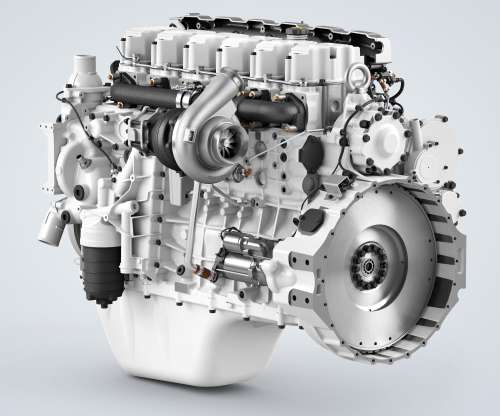
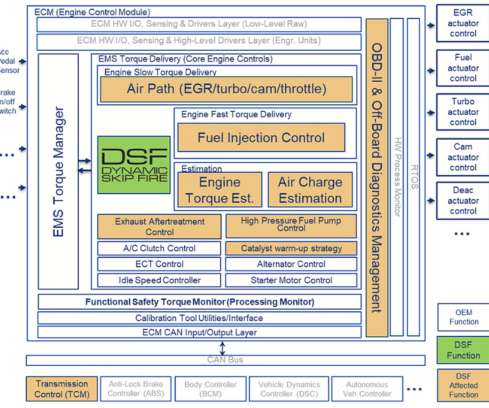


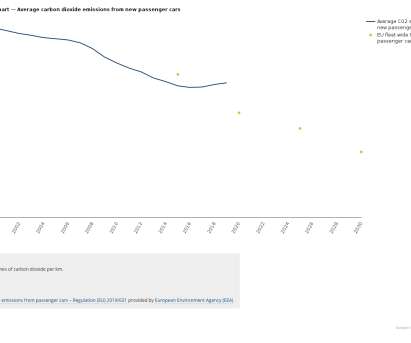

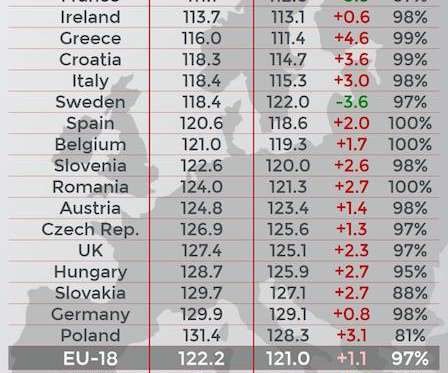











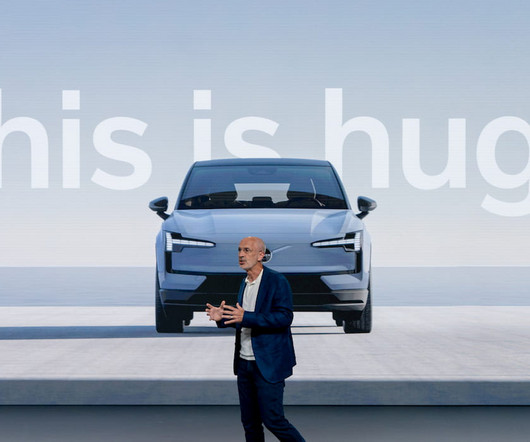


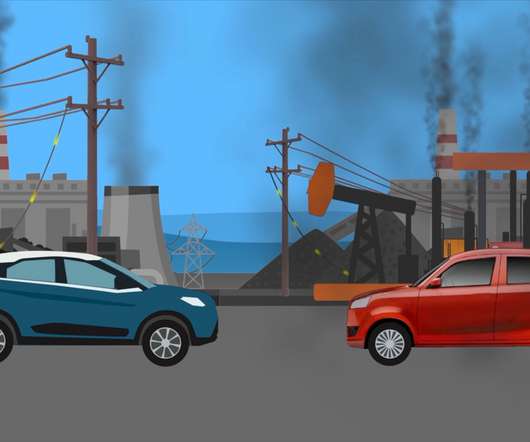

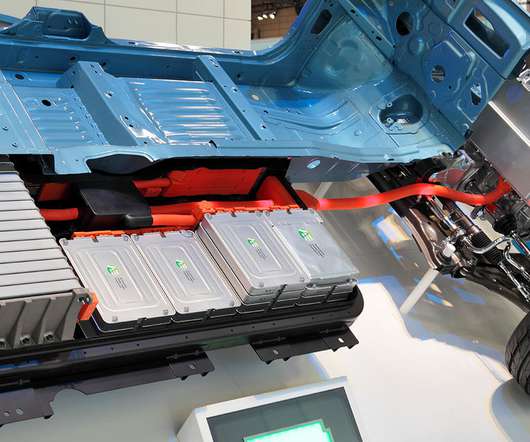









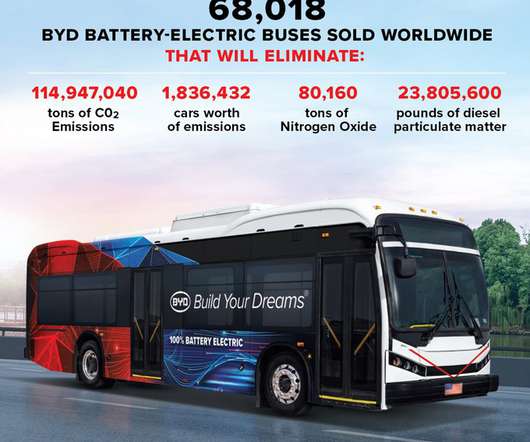
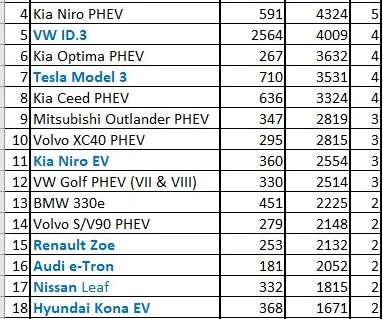






Let's personalize your content